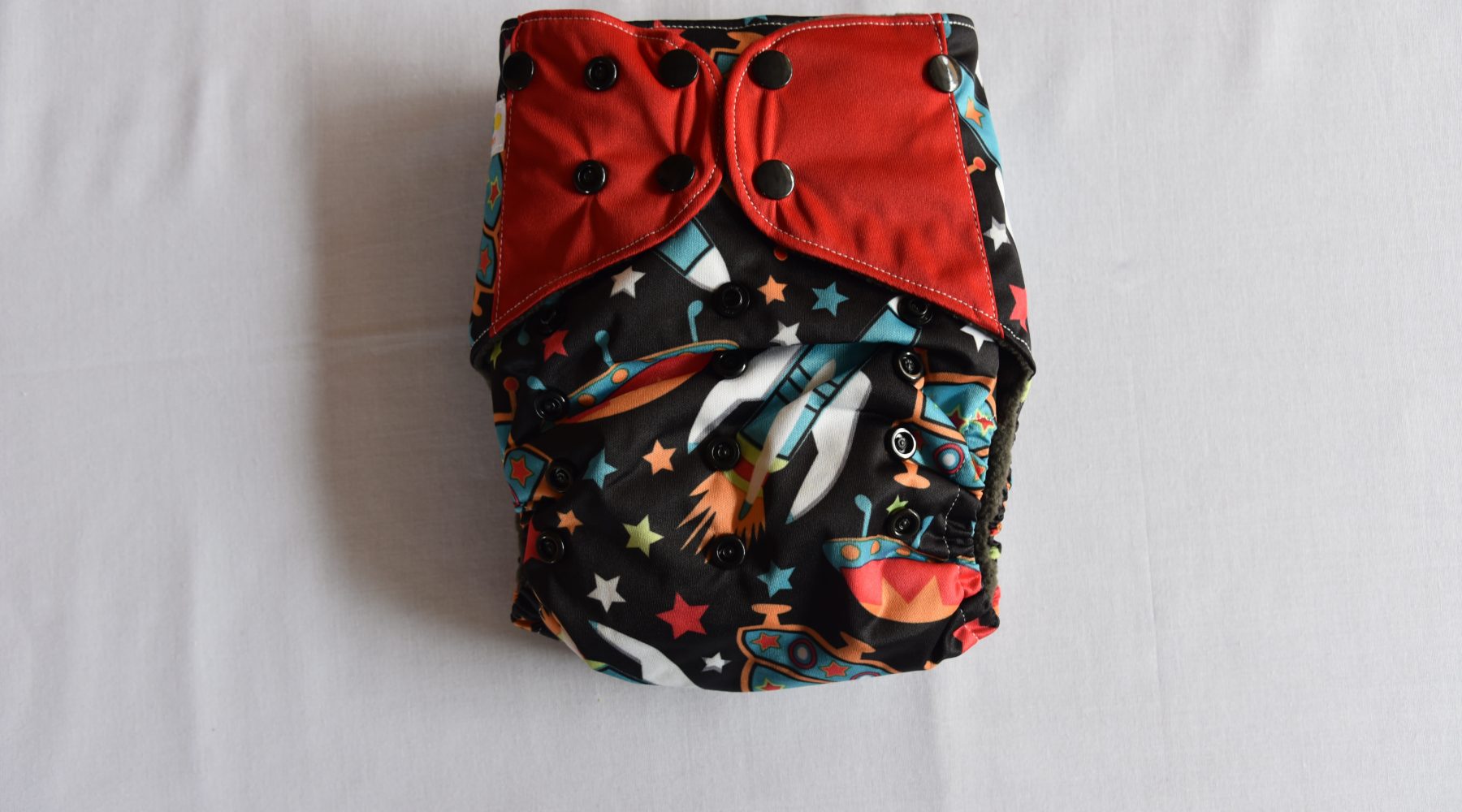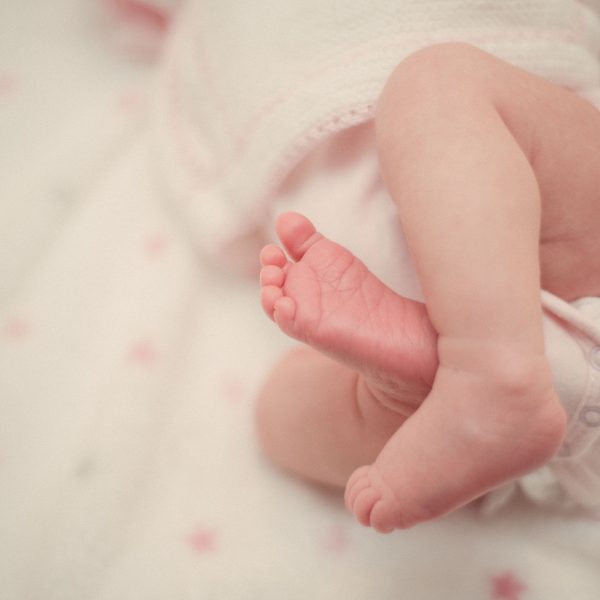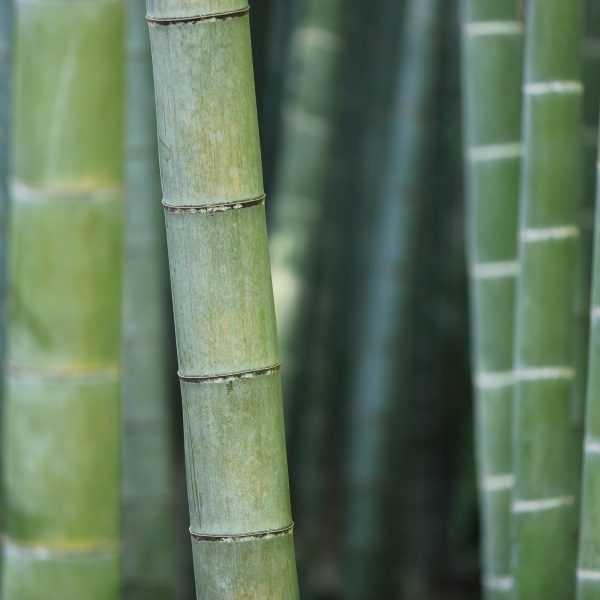Change nappies, save the world: sustainable push from student

An occupational therapy student from the University of the Sunshine Coast (USC) has stepped in to support disadvantaged families impacted by a world first disposable nappy ban in the small tropical nation of Vanuatu.
In December 2019, Vanuatu became the first country in the world to impose bans on single use nappies, the latest step in a series of sustainable moves made by the developing nation, which is already suffering “disproportionately” from climate and ecological change, with rising sea levels and marine pollution.
Mike Masauvakalo, from Vanuatu’s Ministry of Foreign Affairs said the nappy ban was a measure designed to safeguard the country’s future. “Eventually, plastics find their way into the water and the food chain and at the end of the day, the people of Vanuatu end up consuming [them]. Vanuatu is very vocal about the climate emergency. It is visible, we are living it. It is affecting our food supply and our fish populations.”
With an estimated 20,000 babies and toddlers on Vanuatu’s 65 islands, removing single use nappies is no small task, but it has been supported, in some small measure, by USC student Sophie Lewis, who made, donated and distributed enough nappies for more than 200 families as part of a project undertaken in conjunction with Churches of Christ – Medical Santo.
Having completed her final occupational therapy placement on Vanuatu’s largest island Santo, Sophie spent seven weeks distributing reusable nappies and inserts to new mothers in maternity and paediatric wards and women at produce stalls in street markets.
“Currently there are very few alternatives to single-use nappies in Vanuatu so seeing the smiles on the mother’s faces and hearing their gratefulness when handing out the nappies made me realise how much this project will positively impact their lives,” Sophie said.
As part of the project, she educated mothers and grandmothers on measures to reduce the risk of infection and ways to make their own nappies and inserts using sustainable, cost-effective materials such as second hand t-shirts, towels and blankets.
“This not only allows the mothers to feel empowered to embrace this ban but to continue caring for their babies in a sustainable and hygienic manner as they grow.”
“All of my clinical placements during my degree were incredible, but this experience was definitely the highlight and has ignited an interest in providing occupational therapy services in various developing countries throughout my career,” Sophie said.
“I saw first-hand the challenges these women face after birth and the transition into motherhood with limited sanitary products and health resources, and it was an invaluable opportunity to reach out and touch the lives of those in need and to see the simplicity of utilising natural, simple resources to achieve positive client outcomes.”
Plans are in place to continue the Vanuatu nappy project with ongoing support from Sunshine Coast-based family business Little Strawberries, who donated more than 130 nappies to the first nationwide nappy drive initiated by Sophie.
“I had no idea the potential of this project until I began contacting and liaising with various mothers and local businesses making and using the reusable nappies in Australia,” Sophie said.
“It would not have been possible without the overwhelming generosity of these mothers who jumped on board and contributed in any way they could.”
To learn more about alternatives to disposable nappies in child care settings, please see here.
Popular

Practice
Quality
Research
The transformative power of affection: How nurturing care shapes early childhood development in Guatemala
2026-01-07 07:00:56
by Fiona Alston

Quality
Practice
Research
Crayola Creativity Week 2026 launches as research highlights strong link between creativity and confidence
2026-01-06 07:00:35
by Contributed Content

Research
New study finds social dominance preferences emerge in early childhood
2026-01-06 07:30:50
by Fiona Alston














